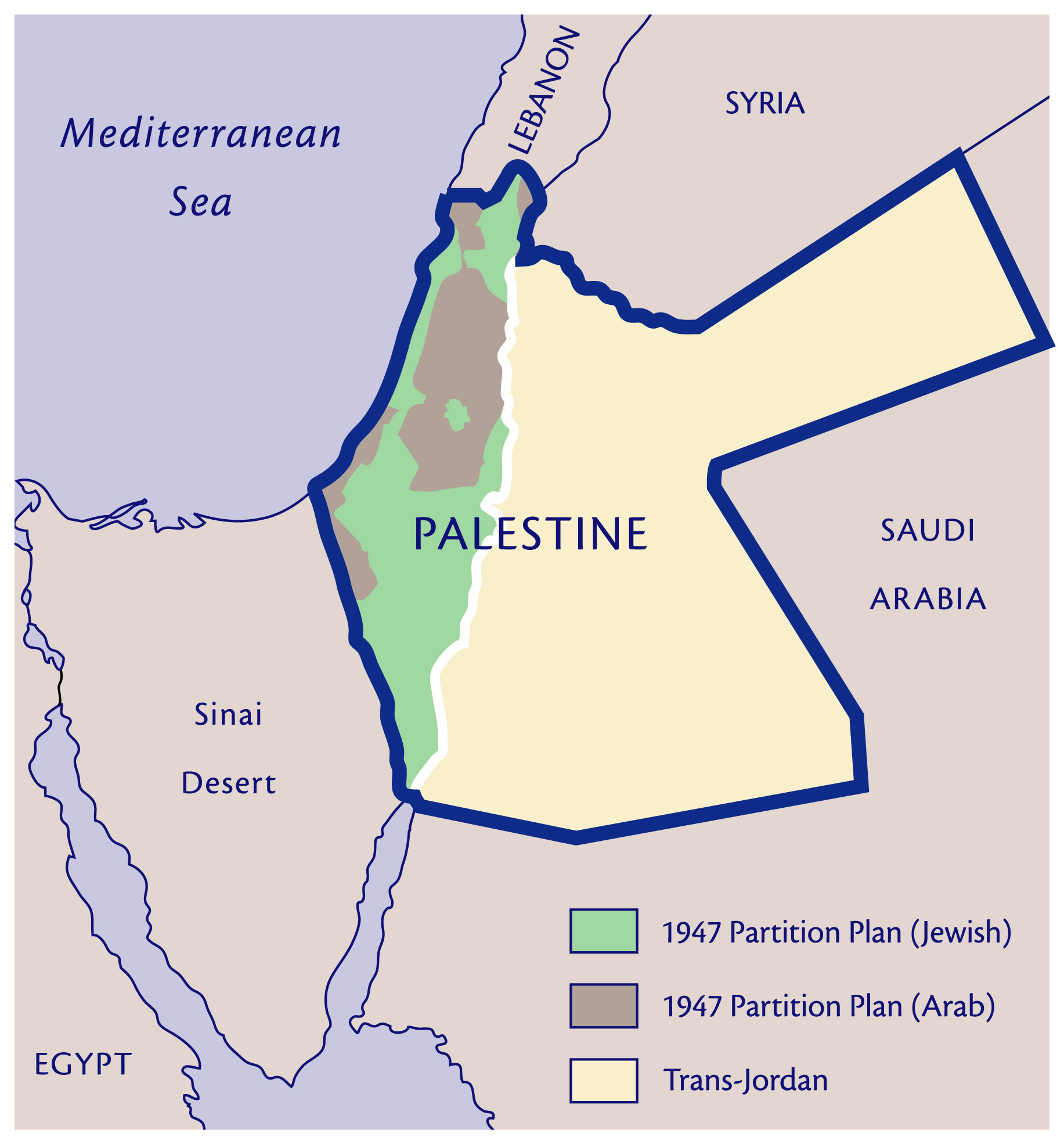I had my first class today. We started at 9 am this morning and went until 1:15 this afternoon. We introduced ourselves and learned more in depth about the historical background of Israel/Judaism/Islam/Christianity and the like. We're starting to delve into the whole security situation.
Because there is no active war going on, Israel/Palestine is a generally safe place to visit at this time. In 2009 (the last Hamline visit to Israel) there was a war and there was only one concern about violence. This year is expected to be very quiet. There is one town on the border of the Gaza Strip that we'll be visiting that could be of minor concern, but we can't be certain until shortly before our visit later this month.
Tomorrow we'll be discussing the foundation of the Israeli-Palestinian conflict and it's meaning in the context of the history of both sides (specifically with regards to each group's ties to the land).
We've already discussed Israel's claim to the land--the ancestral home of Israelites/Jews. Their story goes all the way back to biblical times, when Abraham settled in the mountains that are now located in western Israel and the West Bank. The Jewish/Israelite people were then conquered, subjugated, exiled, persecuted, and massacred as new empires rose and fell. After 578 BC, Jews were exiled permanently by the Romans (minus a few very small and isolated tribes throughout the area), many of them landing in central and eastern Europe.
After living there relatively peacefully for centuries, European nationalism began posing a threat to the Jewish people, and Jews were persecuted throughout Europe as well. Beginning in the 1880's, the idea of Jewish nationalism--also known as 'Zionism'--began to unite Jews across the world. Theodore Hertzl called for an international zionist congress in 1897, and declared that within 50 years the Jewish people would have a state.
Soon after, the first aliyah (migration) took place, were an initial 35,000 Jewish settlers landed in the Ottoman Empire client state of Palestina--a state created after the Jews were exiled by the Romans in 587 BC. A second and third aliyah took place afterwards until World War I. The third and fourth aliyah took place after World War I until the global economic crisis in 1929, few Jews migrated during this period. The fifth, largest, and final aliyah happened between the years of 1933 and 1939, the years between Hitler's election to office and the start of World War II. At this time, western countries had quotas and didn't allow any Jews from eastern and central Europe. There was also a large uprising starting on the part of Palestinians to stop Jewish immigration at this time. In fact, the only place other than Palestine that accepted Jewish immigrants was the Dominican Republic.
The only reason Palestine accepted Jewish immigrants is that the United Kingdom had control over the area because after the fall of the Ottoman Empire the League of Nations created 'mandates' that divided control of the dissolved Ottoman Empire among the allied powers--mainly France and the UK. So with British control, Palestine remained an open but limited place for Jews to immigrate. This forced exodus is what has caused much of the friction between both sides.
The heart of the issue between Israelis and Palestinians is that they're both vying for the same piece of land. Israelis claim rights to the land based on their ancestral homeland. Palestinians lay claim to the land because they occupied it for roughly 2000 years after the Jews were exiled. This tension was only exacerbated by the newly formed United Nations' decision to create a new Jewish homeland called Israel in the land known as Palestine (this was done in part due to the guilt felt by the west for 1) knowing what was happening to the Jews in central and eastern Europe and 2) not having acted quickly enough to stop the atrocities).
Although this barely skims the surface of the incredibly complex issue that is the Israeli-Palestinian conflict, this does give an idea of the greatest portion of the dispute between both sides, and it's foundations.

No comments:
Post a Comment